Increasingly hot and dry climates, the result of global climate change, have led to a worsening of wildfires around the world, according to new research. In turn, wildfires are aggravating climate change by killing trees that could absorb carbon in the atmosphere.
The study, published in the journal Nature Communications, finds that fire season has gotten longer for more than quarter of the Earth’s vegetated surface from 1979 to 2013. Overall, across the globe, fire weather season increased by nearly 19%. The trend occurred on all continents where wildfires occur except Australia.
“Wildfires occur at the intersection of dry weather, available fuel and ignition sources,” the study authors write. “Weather is the most variable and largest driver of regional burned area.”
Read More: How the California Drought Is Increasing the Potential for Devastating Wildfires
South America has faced one of the most dramatic increases in wildfire numbers and intensity, according to the study. Forests in the region have seen their fire season increase by an average of 33 days. Fires threaten to worsen the deforestation that has already destroyed much of the region’s forest land.
And if the loss of forests wasn’t bad enough, worsening wildfires caused by climate change create a feedback loop, the authors note. Forest fires decrease the number of trees that can absorb the carbon that causes climate change in the first place. “When average fire weather seasons are longer-than-normal or when long seasons impacted more global burnable area, net global terrestrial carbon uptake is reduced,” the authors write.
The Most Beautiful Wildfire Photos You'll Ever See
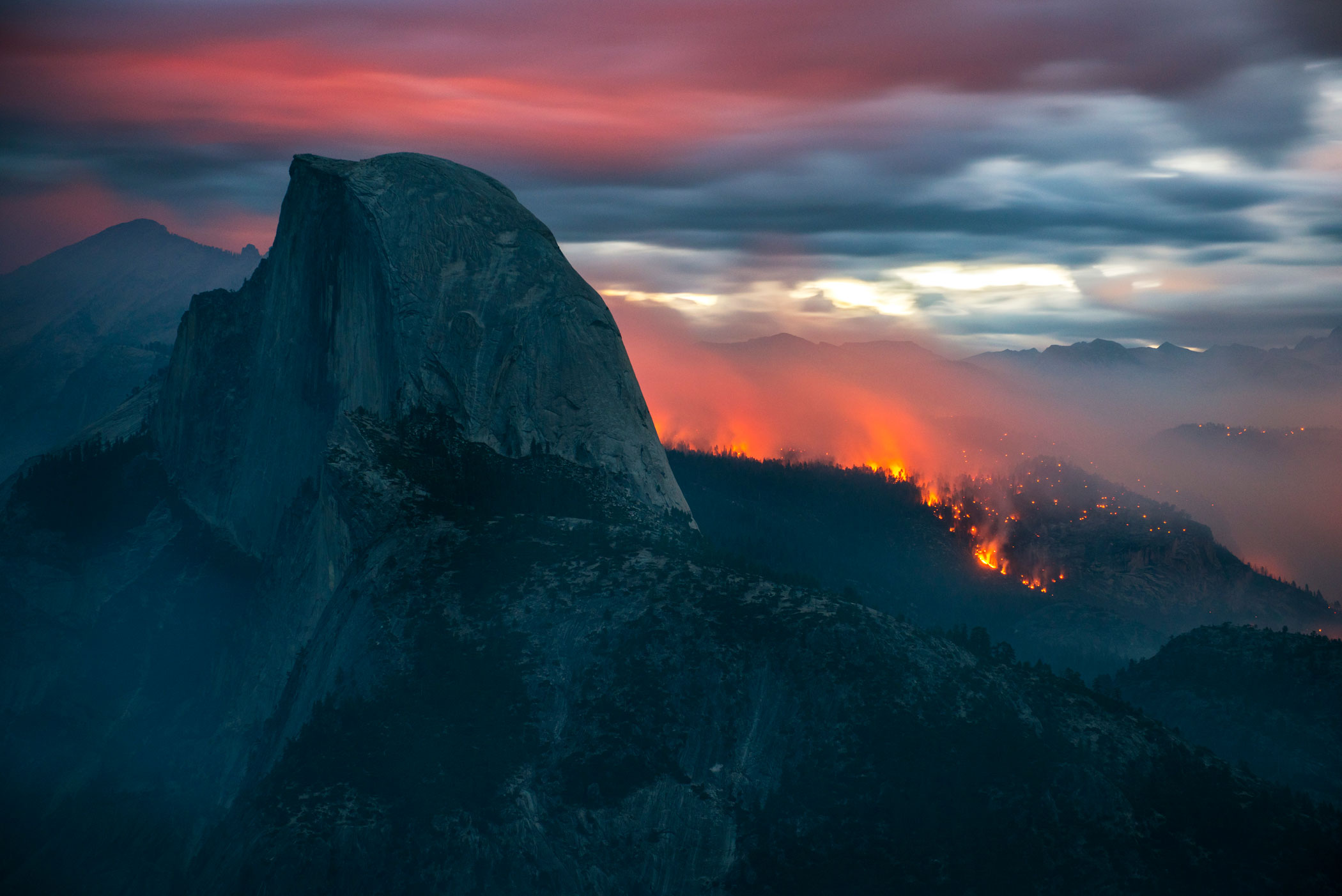
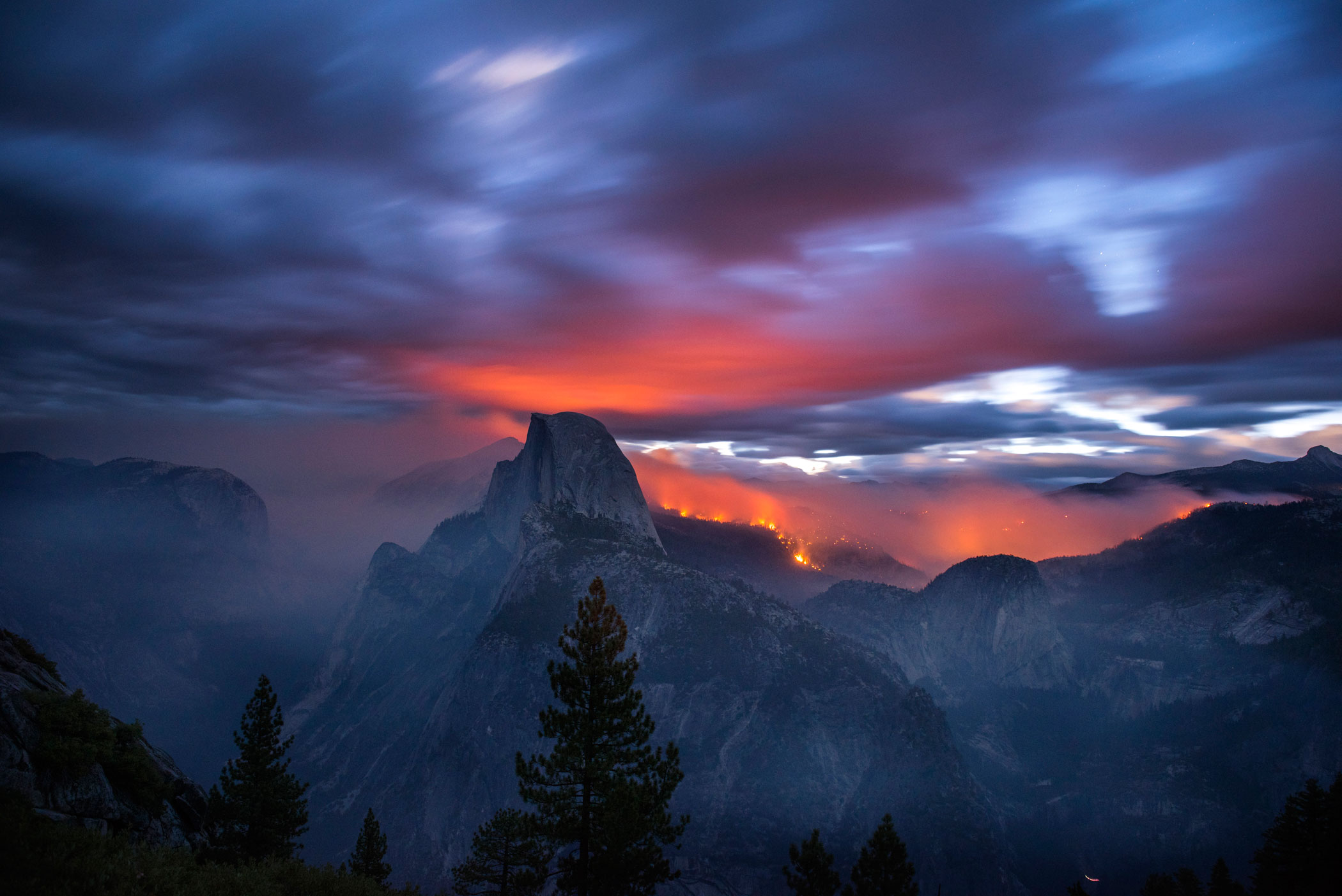
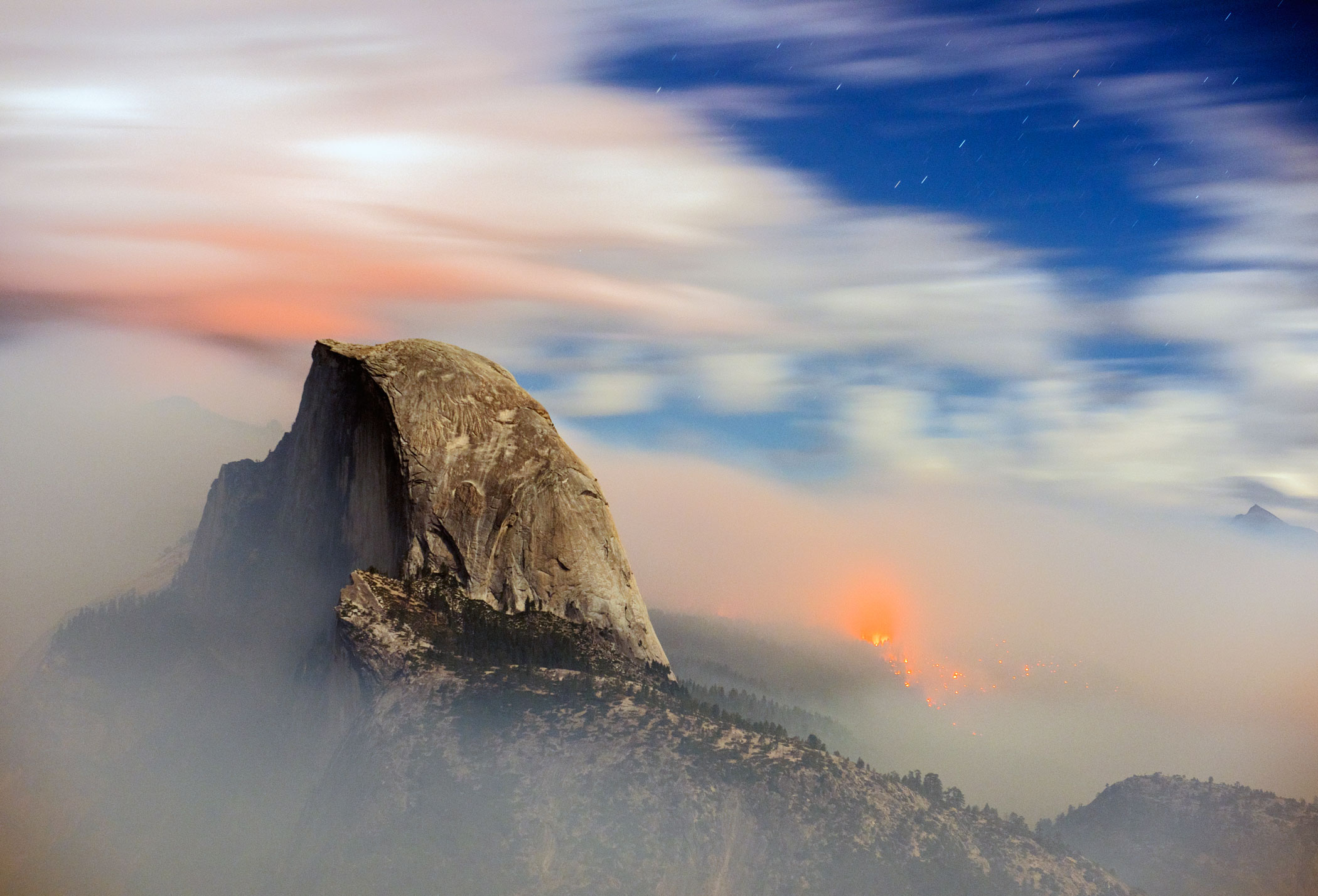
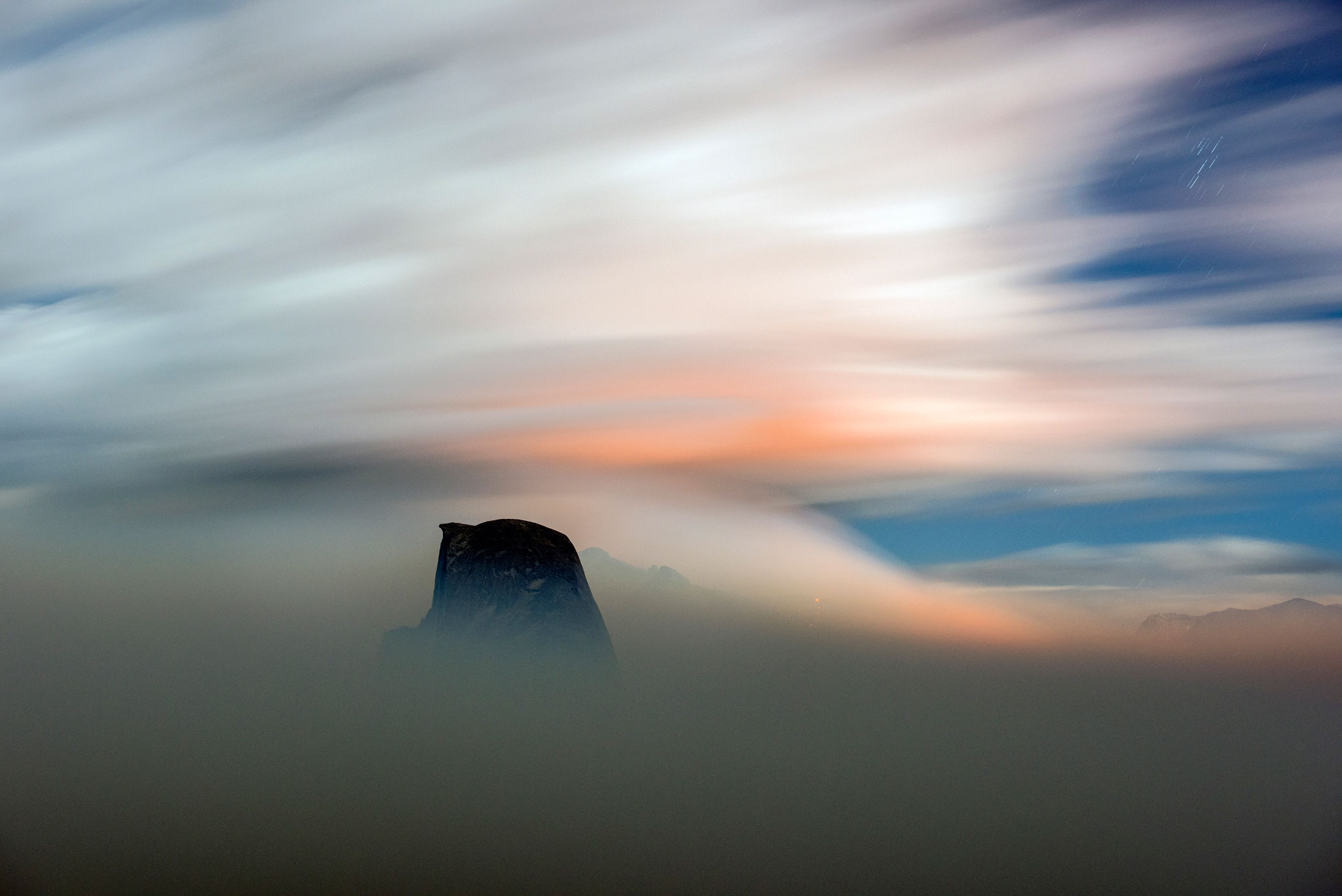
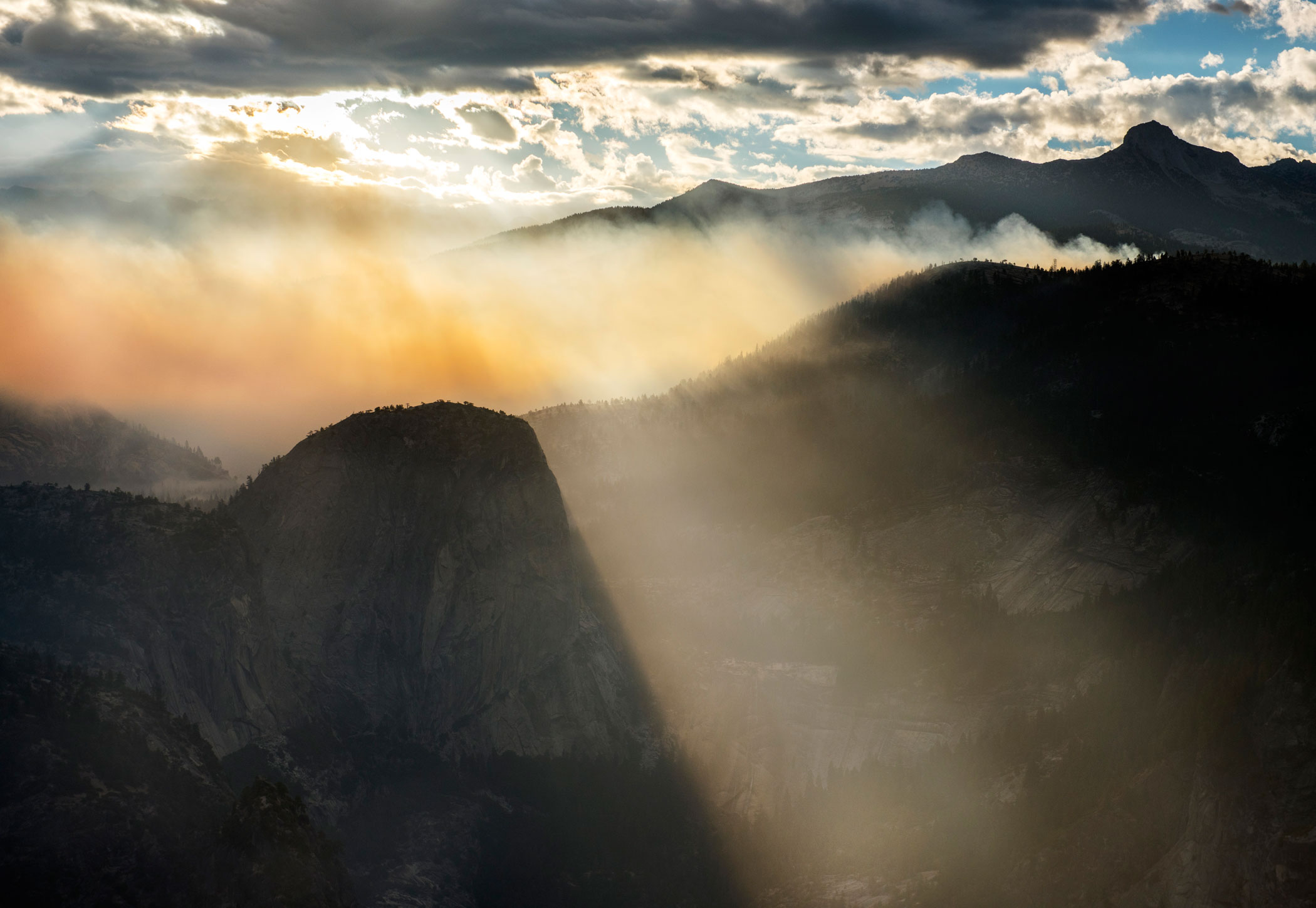
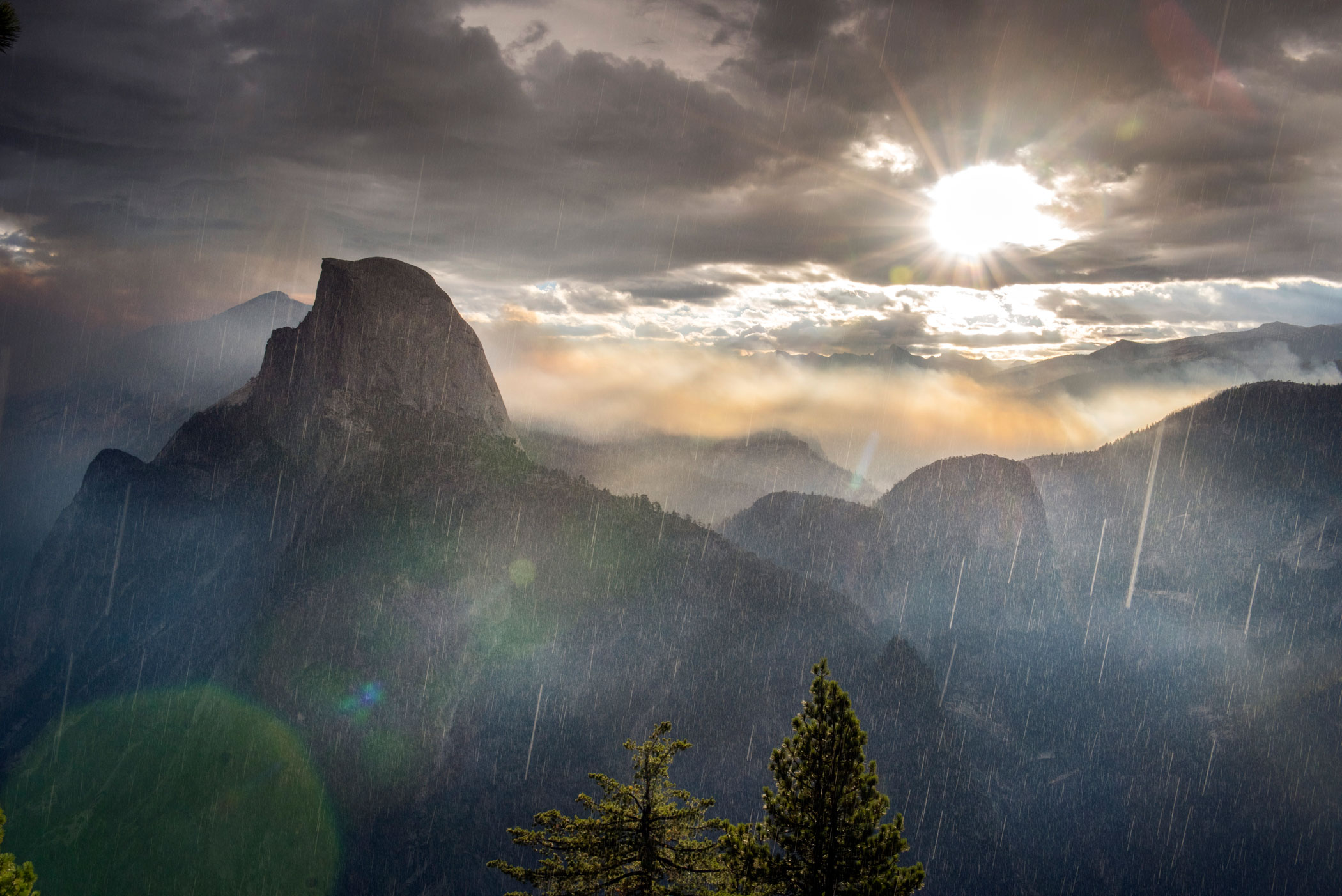
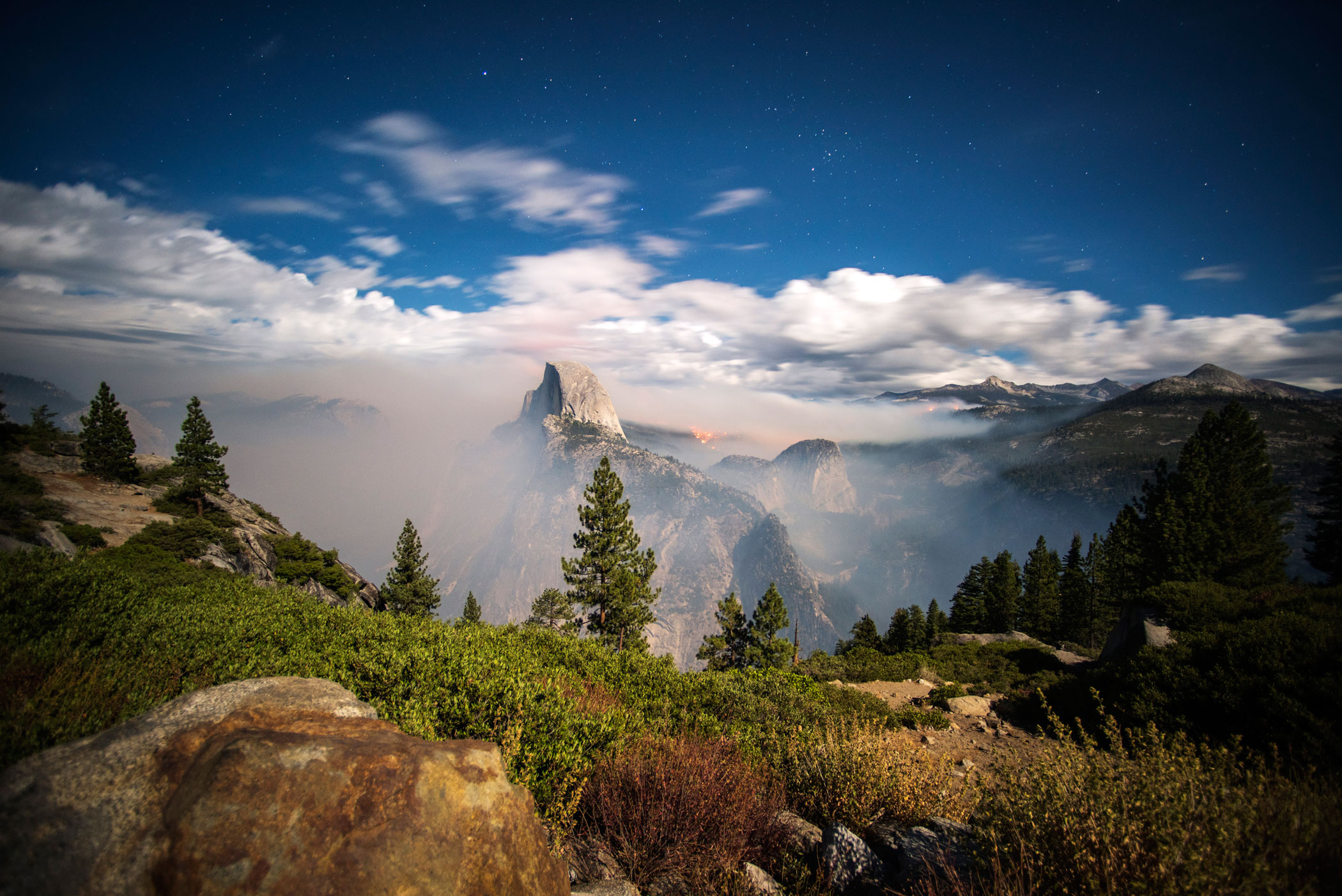
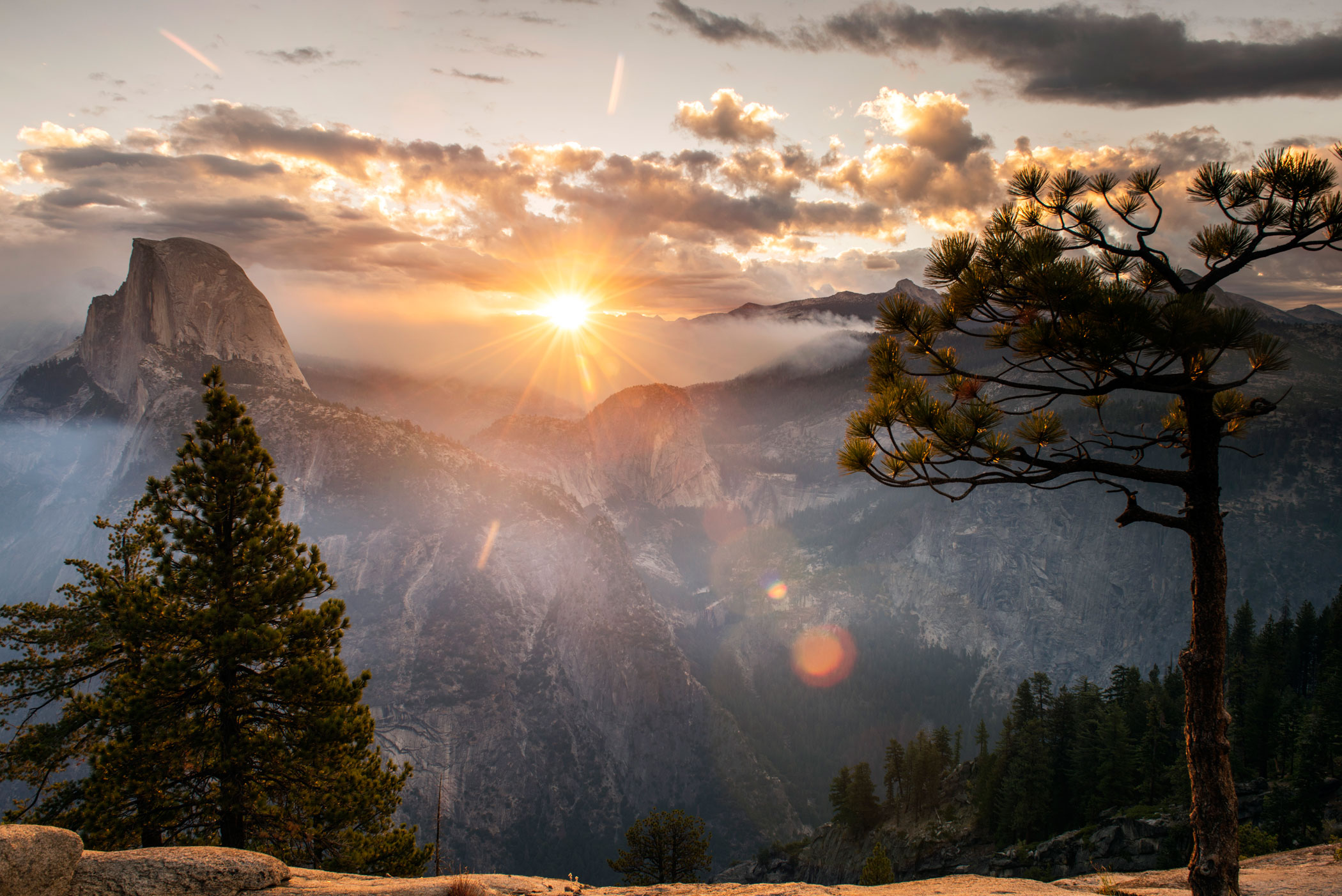
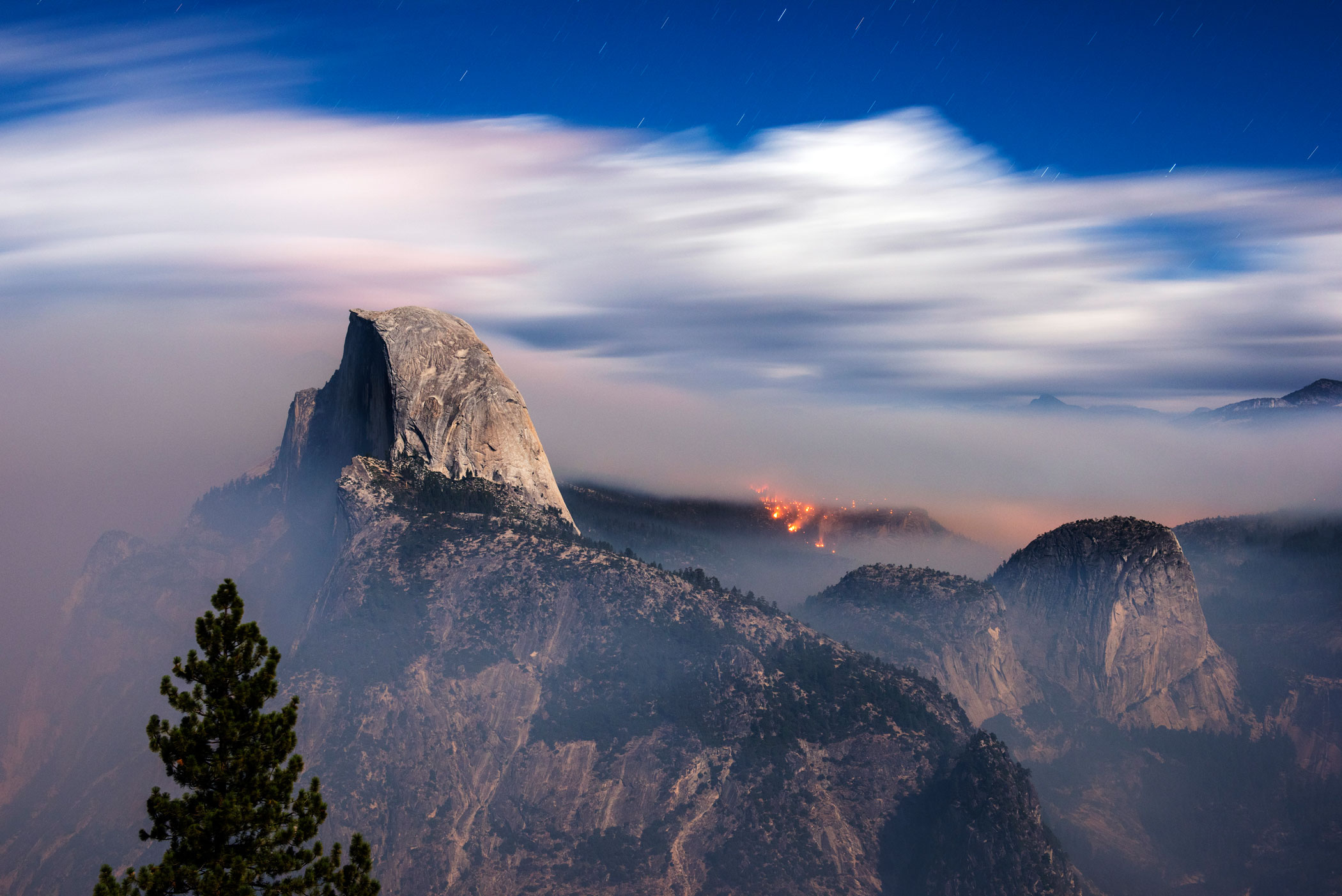
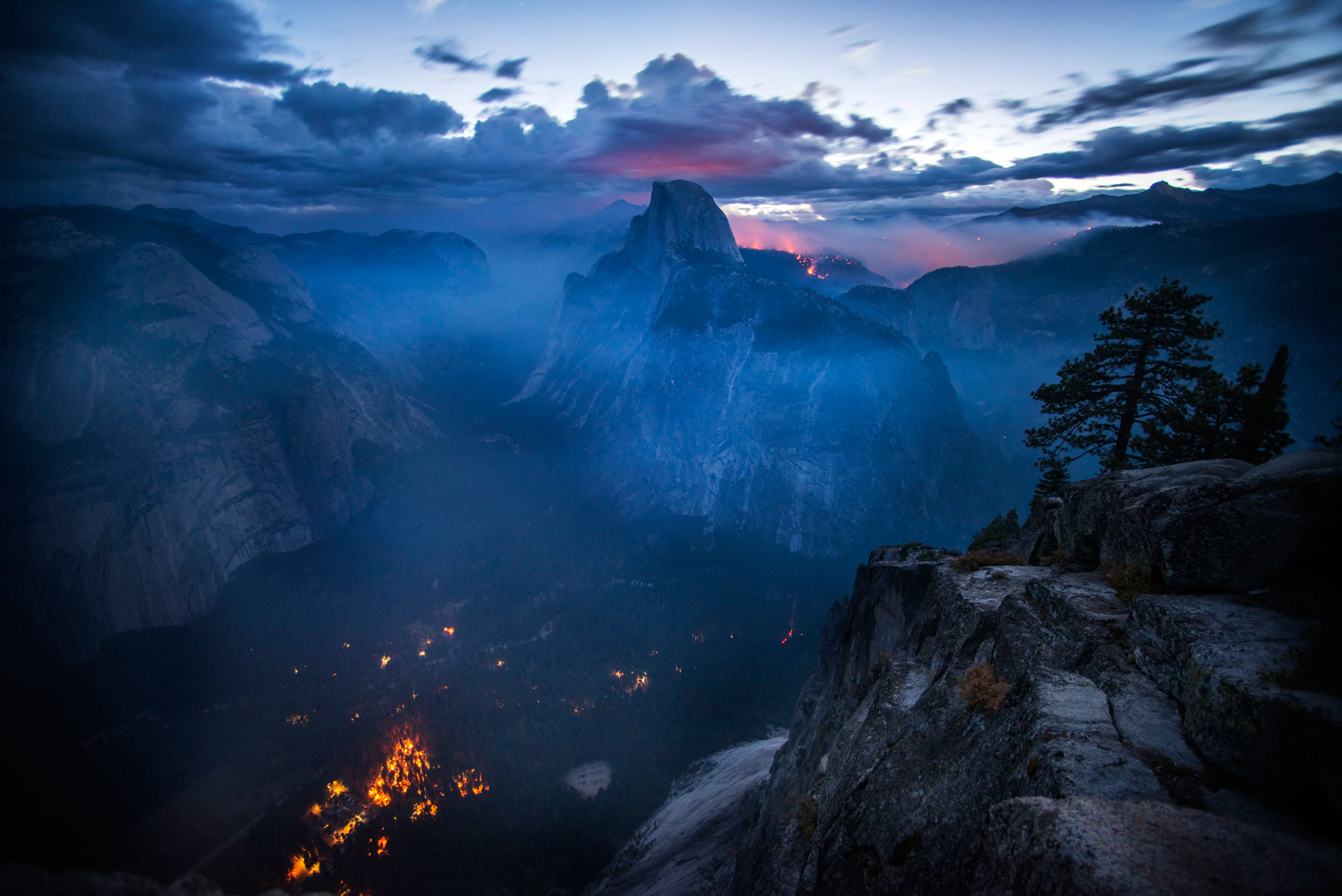
More Must-Reads from TIME
- Caitlin Clark Is TIME's 2024 Athlete of the Year
- Where Trump 2.0 Will Differ From 1.0
- Is Intermittent Fasting Good or Bad for You?
- The 100 Must-Read Books of 2024
- Column: If Optimism Feels Ridiculous Now, Try Hope
- The Future of Climate Action Is Trade Policy
- FX’s Say Nothing Is the Must-Watch Political Thriller of 2024
- Merle Bombardieri Is Helping People Make the Baby Decision
Write to Justin Worland at justin.worland@time.com